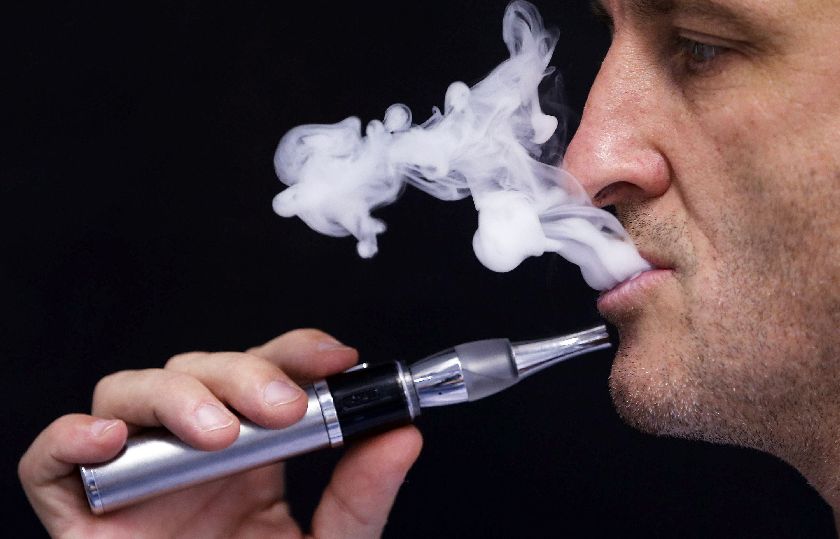KUALA LUMPUR, Nov 3 ― The Health Ministry said today it will confiscate nicotine content found in e-cigarettes from all traders nationwide, in a move to discourage Malaysians from vaping.
Its minister Datuk Seri Dr S Subramaniam said that his ministry is empowered to do so under the 1952 Poisons Act and 1983 Food Act, pointing out that vape shops are currently not licensed to sell any products which contain nicotine.
“That is something within our powers, we can definitely take action against people selling nicotine [without a licence].
“For the Ministry of Health, our message is clear. Don't vape,” Dr Subramaniam told a news conference here.
When asked when the ministry would begin to inspect vape shops and confiscate nicotine products, Dr Subramaniam said “very soon.”
“We will definitely move and move hard.
“I have stated in Bangi very clearly that the human body was not made by God for inhaling fumes which were made from other things,” the Health Minister added.
Dr Subramaniam was reported by a local daily over the weekend saying that the selling and promotion of e-cigarettes could very well be restricted if the government decides to apply the same set of rules regulating the use of tobacco products to “vaping”.
The New Straits Times quoted Subramaniam as saying that such a move would ensure that the use and sales of vaping devices would be off limits to those under the age of 18.
He said the Health Ministry is in the process of seeing how the rules governing the sale of tobacco products could be applied to vaping, adding that measures were needed to prevent hazardous contents from being used in vaping liquids.
The Health Ministry’s concerns on the rise of vaping among Malaysians include the long-term effects of inhaling vapors containing nicotine, formaldehyde and propylene glycol.
Dr Subramaniam said on Friday that the Cabinet has decided that electronic cigarettes or “vaping” will be regulated due to health concerns over their usage.
Concerns over vaping exist largely due to their initial positioning as electronic replacements for cigarettes, prompting fears that the former may be as harmful as conventional tobacco use.
While the health risks of smoking are well established, the dangers involved in using e-cigarettes have not been conclusively determined.
The more apparent risk comes from users jury-rigging their own vaporisers using diverse components and without proper research, as seen from incidents involving exploding e-cigarettes.



















